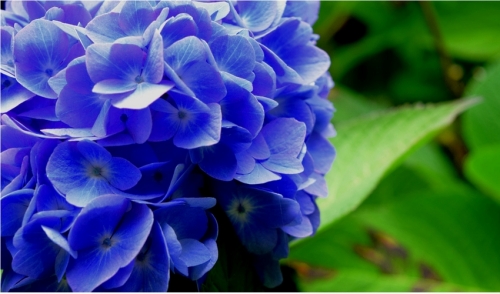
How to Photograph Flowers
With your garden in bloom comes an irresistible chance to grab the camera and start capturing the blooms of the season. Yet, how do you turn those shots of your favorite blooms into something special?
Here are some tips on how to take better flower pictures from the world's largest photography school, New York Institute of Photography (NYI).
©NYI Instructor, Jerry Rice
Lighting Tip.
Walk around the flower to see how it looks with light coming from different directions. Watch carefully when the light (usually, the sun) is behind the flower, coming toward the camera. Often, the petals will glow with beautiful iridescence. This is called "backlighting" because the light is coming from the back of the subject (in this case, the flower). Backlighting is often the best type of lighting for translucent subjects like petals.
However, don't despair if there is no sun. Gray and overcast days provide great opportunities for flower photography. The lighting is more even and there are no shadows. Rain turns colors more intense. You can even carry a spray bottle to create rain droplets on the sunniest of days. Even night photography is an option. You'll be surprised at how attractive a flower photo can be when illuminated by flash.
©NYI Student Cyndie Eason
Wait for Something to Come Along.
To make a flower picture come alive, wait until something adds life to the flower - for example, a bee alights, or a spider crawls into it, or a hummingbird pays a visit. It takes patience, but it pays off if, for example, after you wait a few minutes, a butterfly lands on your flower. Shoot! The picture you get will be great.
©NYI
Angles and Backgrounds.
Try interesting angles and backgrounds. Consider getting down low on the ground or shooting with the wide angle setting on your lens. Don't despair if the background behind the flower is unattractive. Try replacing it with a colored piece of paper or fabric. There are lots of different ways you can experiment when photographing flowers!
Thanks to the New York Institute of Photography for this article.

